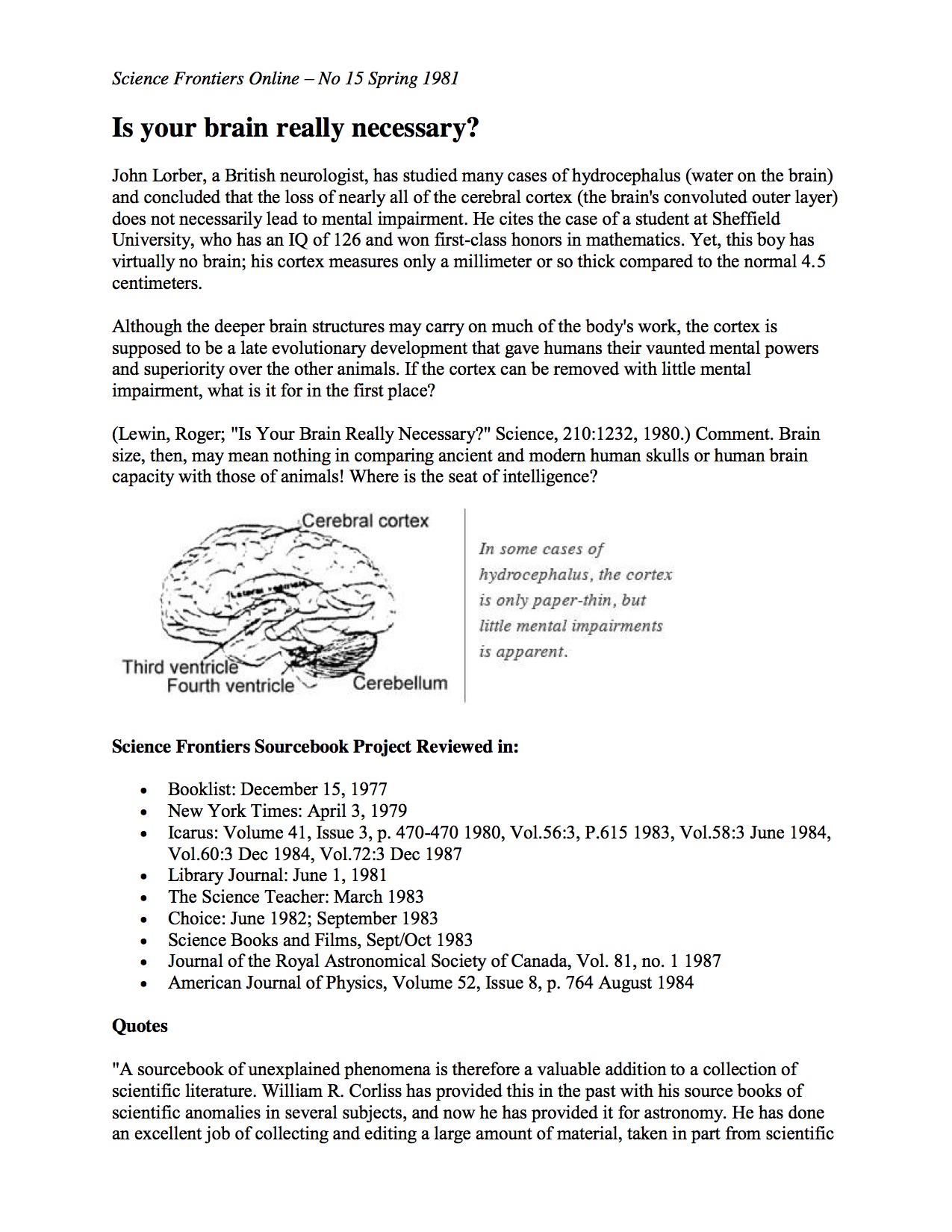

Excerpt from The Empath’s Survival Guide: The Science of the Brain & Empathy
As a psychiatrist and empath, I am fascinated with the science of how the brain is connected to one’s empathy.
In my book The Empath’s Survival Guide I discuss various scientific findings on this phenomenon. Here are three examples of findings that explain the empath experience.
1. The Mirror Neuron System
Recently, researchers have discovered a specialized group of brain cells that are responsible for compassion. These cells enable everyone to mirror emotions, to share another person’s pain, fear, or joy. Because empaths are thought to have hyper-responsive mirror neurons, we deeply resonate with other people’s feelings. How does this occur? Mirror neurons are triggered by outside events. For example, our spouse gets hurt, we feel hurt too. Our child is crying; we feel sad too. Our friend is happy; we feel happy too. In contrast, psychopaths, sociopaths, and narcissists are thought to have what science calls “empathy deficient disorders.” This means they lack the ability to feel empathy like other people do, which may be caused by an under-active mirror neuron system. We must beware of these people because they are incapable of unconditional love.
2. Electromagnetic Fields
The second finding is based on the fact that both the brain and the heart generate
electromagnetic fields. According to the HeartMath Institute, these fields transmit information about people’s thoughts and emotions. Empaths may be particularly sensitive to this input and tend to become overwhelmed by it. Similarly, we often have stronger physical and emotional responses to changes in the electromagnetic fields of the earth and sun. Empaths know well that what happens to the earth and sun affects our state of mind and energy.
3. Emotional Contagion
The third finding which enhances our understanding of empaths is the phenomena of emotional contagion. Research has shown that many people pick up the emotions of those around them. For instance, one crying infant will set off a wave of crying in a hospital ward. Or one person loudly expressing anxiety in the workplace can spread it to other workers. People commonly catch other people’s feelings in groups. A recent New York Times article stated that this ability to synchronize moods with others is crucial for good relationships. What is the lesson for empaths? To choose positive people in our lives so we’re not brought down by negativity. Or, if, say a friend is going through a hard time, take special precautions to ground and center yourself.


